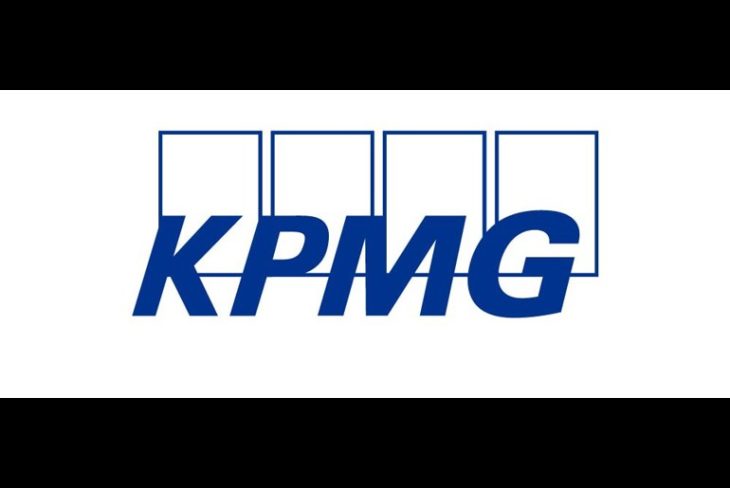
KPMG’s The Great Reset: Emerging Trends on the Future of Infrastructure and Transport 2025
KPMG’s latest report, The Great Reset: Emerging Trends in Infrastructure and Transport 2025 edition, sheds light on the profound changes transforming the global infrastructure landscape. As industries adapt to the challenges posed by climate change, economic pressures, and technological advancements, the report identifies key trends and provides actionable insights for leaders in infrastructure and transport sectors.
“In today’s interconnected world, the lack of standardized supply chain practices is not just an operational challenge—it’s an environmental and economic one. We’re witnessing how unstandardized processes, infrastructure, and regulations are driving up costs and carbon emissions. As industry leaders, it is imperative we address these inefficiencies and move towards unified standards to unlock more sustainable and resilient global supply chains.” said Chintan Patel, Partner- Deal Advisory- Transport and Logistics, KPMG in India.
Key Insights from The Great Reset Report:
- Digital Twins Power Up Infrastructure
KPMG’s research highlights the growing role of digital twins in infrastructure. These digital replicas are rapidly becoming integral to infrastructure decision-making, allowing organizations to improve operational efficiency, predictive maintenance, and long-term planning. KPMG predicts that digital twins will become a cornerstone of business operations in the next three years.
- Solving Construction’s Talent Crisis
A significant talent gap continues to plague the construction and infrastructure sectors. The report highlights the need for a workforce capable of driving innovation and adapting to new technologies. Many companies are struggling to attract digitally-savvy talent and will need to invest in training programs to meet growing demand.
- Future-Proofing Our Infrastructure
KPMG forecasts significant changes to infrastructure systems, driven by a combination of climate change, evolving economic conditions, and rapid technological innovation. The report urges infrastructure leaders to adopt bold, risk-taking strategies and rethink traditional practices in order to thrive in a world of uncertainty.
- Fixing the Fragmented Supply Chain
Attention must also be given to inefficiencies caused by fragmented global supply chains. The report stresses the need for standardized processes, infrastructure, and regulations to reduce costs, minimize environmental impact, and improve efficiency across the global supply chain.
- Unlocking Bold Infrastructure Funding
As global infrastructure funding gaps continue to widen, the report anticipates a significant shift towards privatization. Despite lingering concerns around service quality and accessibility, KPMG advocates for asset monetization and the use of innovative funding mechanisms to address the increasing demand for resilient infrastructure.
- Navigating the Next Frontier in the Energy Transition
The energy transition is at a crossroads. While solar and wind technologies have gained significant momentum, more complex sectors remain difficult to decarbonize. The report emphasizes the need for pragmatic solutions that balance economic feasibility with environmental impact. Blended finance models are expected to play a crucial role in supporting these initiatives.
- Building Infrastructure That Withstands the Storm
With extreme weather events becoming more frequent, infrastructure resilience is critical. The report calls for asset owners to proactively manage risk and modernize aging infrastructure portfolios to prevent failures, ensuring both public safety and business continuity.
- Navigating the Waves of Shipping Disruption
The shipping industry is entering a period of disruption, with growing volatility in shipping rates driven by trade wars, tariffs, and shifting global trade dynamics. KPMG’s report forecasts a more challenging market for shipping lines, urging executives to embrace innovation, sustainability, and collaboration to maintain competitive advantage.
- Turning Infrastructure Sustainability into Action
Sustainability has evolved from a principle to a key business priority. The report highlights the “missing middle” between ambition and action, urging companies to align their sustainability efforts with measurable outcomes. KPMG predicts a growing emphasis on sustainable procurement, construction, and operational practices across industries.
